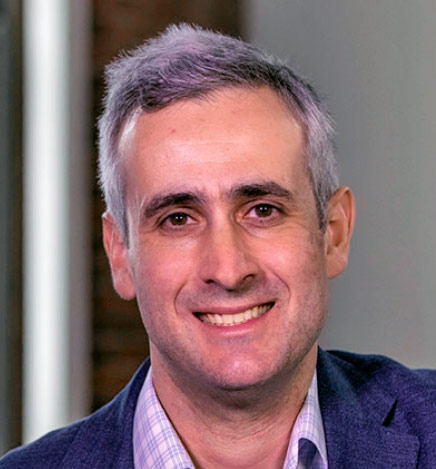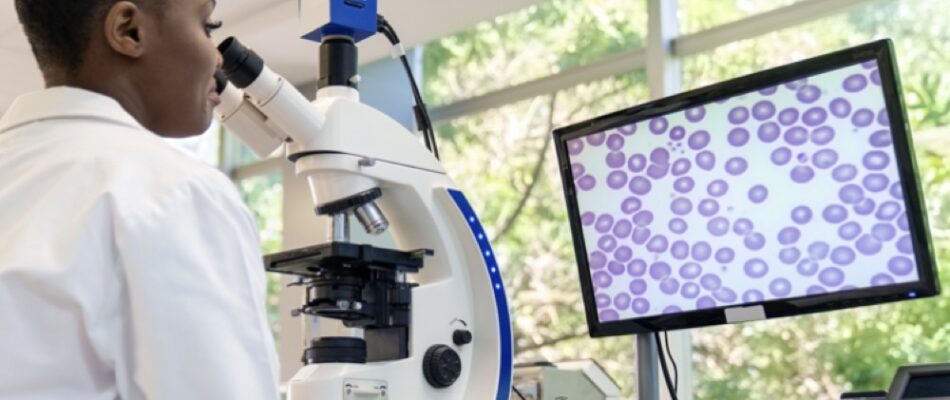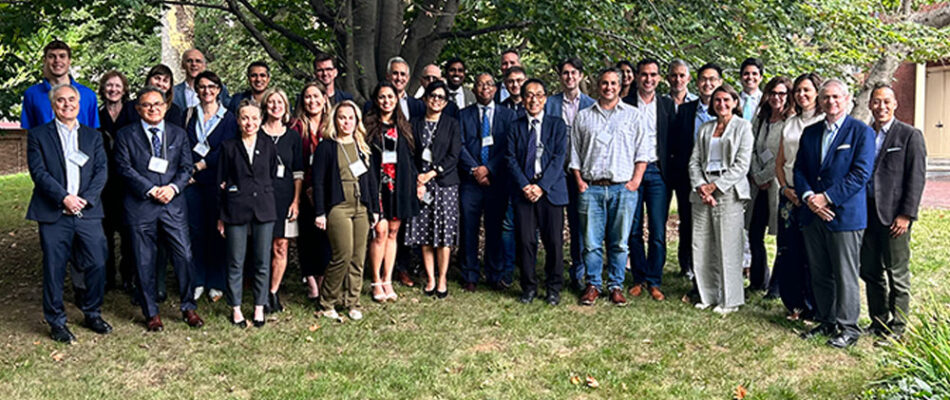
Partnership with the Broad Institute of MIT and Harvard and the Koch Institute of MIT
In 2019, DTRF began funding an exciting research project at the prestigious Broad Institute of MIT and Harvard.
Below, Dr. Jesse Boehm, formerly an Institute Scientist and the Scientific Director of the Cancer Dependency Map at the Broad Institute (currently Principal Investigator at the Koch Institute of MIT), talks about the project and what we aim to learn from it.
Using Genome-Scale CRISPR Screening to Create a First-Generation Desmoid Tumor Dependency Map
This research project, supported by the DTRF, aims to enable clinicians in the future to select the best therapies for each desmoid tumor patient. Recognizing the diversity of desmoid tumors in their biological characteristics and response to treatments, the new endeavor aims to pilot a new reference, termed the “Desmoid Tumor Dependency Map” that links the genetic features of a tumor with specific vulnerabilities that can potentially be targeted therapeutically.
Creating the pilot of the desmoid tumor dependency map
The project aimed first to produce a collection of desmoid tumor laboratory models with full genomic characterization to begin to address the genetic diversity seen in patients. Two have already been completed and are being shared with the world’s scientific community through the biorepository ATCC. Using these well-characterized disease models, the team tested over 6,000 drugs to look for evidence of selective desmoid tumor cell killing. Several promising findings are emerging. This work aims to complement the DTRF’s previously-funded Collaboration for a Cure project by helping us gain a genetic insight into differences of treatment response.
Researchers have also simultaneously applied cutting-edge CRISPR-based gene editing technologies to study how disabling thousands of genes individually affects desmoid tumor cell survival. In addition to gaining a more precise understanding of desmoid tumor biology, this work aims to identify additional tumor vulnerabilities to help prioritize future drug development efforts. Excitingly, the first large scale data became available in spring of 2023 and is now being actively mined!
The Dependency Map overview illustrates the overall work of the DepMap.
“The Desmoid Tumor Dependency Map”
with Jesse Boehm, PhD, Scientific Director of the Cancer Dependency Map, Associate Director of the Cancer Program, Director of the Broad Cancer Model Development Center, The Broad Institute of MIT and Harvard (2020 DTRF Research Workshop)
Empowering the desmoid tumor research community
This project is working to produce an inventory of many desmoid tumor laboratory models and data that will be accessible for all scientists worldwide, complete with genomic information and optimal culture instructions to improve reproducibility. The pilot version of the dependency map will also be available for an initial prioritization of existing drugs and drug targets for desmoid tumors. As part of the team’s commitment to sharing tools, methods, and data with the entire scientific community, all datasets will be available at a public portal (such as depmap.org) along with user-friendly analytical and visualization tools, to help accelerate progress and encourage collaborations in the field.
Continue Exploring

Tissue Donation
